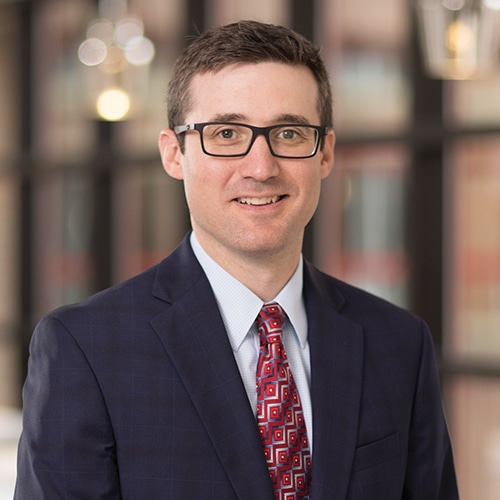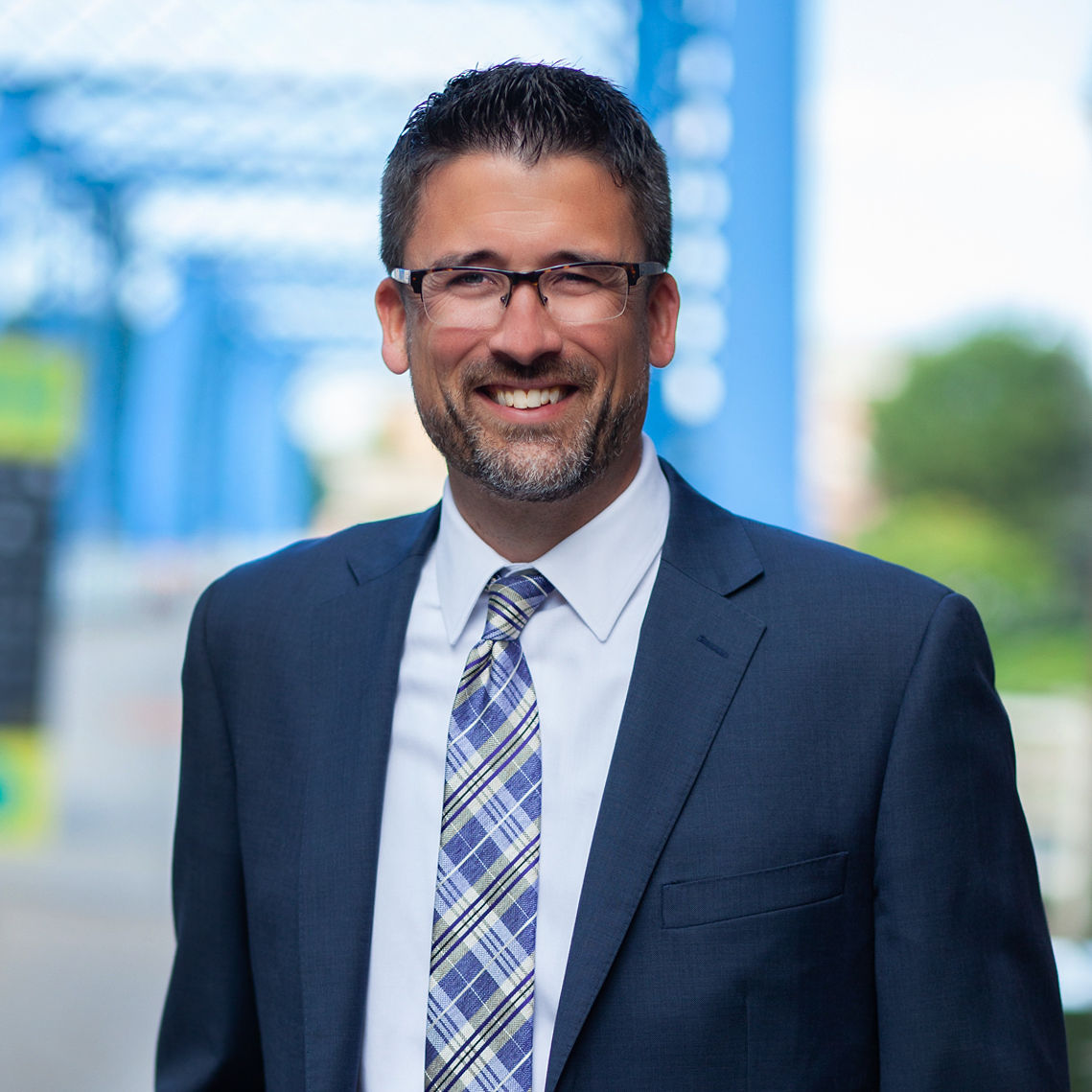A measure of relief has been afforded to health care providers on the frontlines of the battle in the COVID-19 pandemic. On March 29, 2020 the Governor issued Executive Order 2020-30 (“EO-30”) containing a number of provisions designed to support and enhance the ability of health care providers to respond to the COVID-19 pandemic. One significant provision of EO-30 extends immunity from liability to “licensed health care professionals” and “designated health care facilities” that provide “medical services in support of this state’s response to the COVID-19 pandemic.” The scope of the immunity provided by EO-30 will likely be a source of contention in the courts. However, it could prove significant to the defense of negligence or medical malpractice actions arising out of treatment rendered by health care providers during the effective dates of EO-30.
What are the effective dates of EO-30?
EO-30 provides that it is effective immediately (i.e. March 29, 2020) and “continues to the end of the declared emergency.” Under the Emergency Management Act (EMA), a declaration of emergency made by the Governor can last up to 28 days unless a request for extension is approved by the Legislature. The Governor made the initial declaration of emergency on March 10, 2020 in EO 2020-04. The Governor subsequently issued EO 2020-33 on April 1, 2020 rescinding EO 2020-04 and declaring a state of “disaster” in addition to a state of emergency. EO-2020-33 arguably extended the Governor’s emergency powers under the EMA for an additional 28 days but this has been subject to debate in the Legislature. On April 7, the Michigan Legislature voted to extend the declared states of emergency and disaster through April 30, 2020. See SCR 0024 of 2020. Therefore, at minimum, the effective dates of EO-30 will be March 29, 2020 to April 30, 2020. We will continue to monitor the status of EO-30 for additional extensions.
Who is entitled to immunity under EO-30?
EO-30 extends immunity to “any licensed health care professional” and “designated health care facilities.” The order defines “designated health care facilities” to include: (a) entities listed in section 333.20106(1) of the Public Health Code; (b) state owned surgical centers; (c) state operated outpatient facilities; (d) state operated veteran facilities; and (e) entities used as surge capacity by any entities identified in (a) – (d). Entities identified in MCL 333.201106(1) include: (a) EMS operations; (b) county medical care facilities; (c) freestanding surgical outpatient facilities; (d) health maintenance organizations; (e) homes for the aged; (f) hospitals; (g) nursing homes; (h) a hospice; (i) a hospice residence; and (j) a facility listed in (a) to (g) located at an educational institution.
EO-30 doesn’t define the phrase “any licensed health care professional” but explicitly references the immunity provision of the EMA. MCL 30.411(4) extends immunity to any person licensed to practice medicine, any licensed hospital and any individual listed in subsection (6). Subsection (6) identifies the following providers (if licensed): (i) registered nurse; (ii) practical nurse; (iii) nursing student acting under the supervision of a licensed nurse; (iv) dentist; (v) veterinarian; (vi) pharmacist; (vii) pharmacist intern; (vii) paramedic; and (b) medical resident. It is worth noting that the Governor’s declaration of a state of disaster under EO-33 extended the immunity provisions of section 4 of the EMA to all of the providers listed above that render “services during a state of disaster declared by the governor and at the express or implied request of a state official or agency or county or local coordinator or executive body…” MCL 330.411(4). It is not clear what is required for services to be rendered at the “express or implied request” of state or local officials but the declaration of a state of disaster also raises the possibility of statutory immunity for the providers listed above during the declared state of disaster.
Finally, EO-30 also provides immunity to unlicensed volunteers and students that perform activities in support of the state’s response to the COVID-19 pandemic at designated health care facilities by deeming such unlicensed volunteers and students to be “personnel of a disaster relief force” under section 11 of the EMA.
How broad is the scope of immunity under EO-30?
Immunity under EO-30 extends to claims of ordinary negligence or malpractice. The order explicitly exempts “injury or death caused by the gross negligence, as defined in MCL 30.411(9), of such health care professional or designated health care facility.” MCL 30.411(9) defines “gross negligence” to mean “conduct so reckless as to demonstrate a substantial lack of concern for whether an injury results.” Therefore, the immunity provided by EO-30 is a qualified immunity—not absolute immunity from suit.
The more significant question regarding the scope of immunity provided under EO-30 will be how broadly the immunity extends to care and treatment rendered by health care professionals and facilities during the course of the effective dates of EO-30. The rules for interpretation of executive orders are similar to those for interpretation of statutes. Aguirre v Dept of Corrections, 307 Mich App 315, 321 (2014). Specifically, a court must give unambiguous orders the meaning they clearly express. Aguirre, 307 Mich App at 321. If possible, a court must give effect to every word, sentence and section of the order.
The plain language of EO-30 provides that immunity extends to “medical services in support of this state’s response to the COVID-19 pandemic.” While this language is broad, it is not clear how far it intends to expand the reach of the qualified immunity afforded by the order. For example, will the qualified immunity extend only to medical services rendered to patients with a suspected or confirmed diagnosis of COVID-19? Will the qualified immunity extend to an emergency medicine physician treating a patient for chest pain in the emergency department during a shift where the physician is also providing care for patients with a known or suspected diagnosis of COVID-19? Will the qualified immunity extend to a pulmonologist or critical care physician caring for a patient in the ICU with pneumonia or a different form of respiratory failure not caused by COVID-19? These and similar questions may become relevant in future malpractice cases arising out of care and treatment rendered during the effective dates of EO-30. Therefore, defense lawyers should be prepared to raise qualified immunity as a defense in future cases arising out care rendered during the effective dates of the order.
Rhoades McKee’s dedicated medical malpractice defense team stands ready to assist you and your providers’ legal needs, even in these trying times. Please feel free to contact any member of the team if you have any questions or concerns about EO-30, the EMA or any other issues facing your providers today.
More Publications



